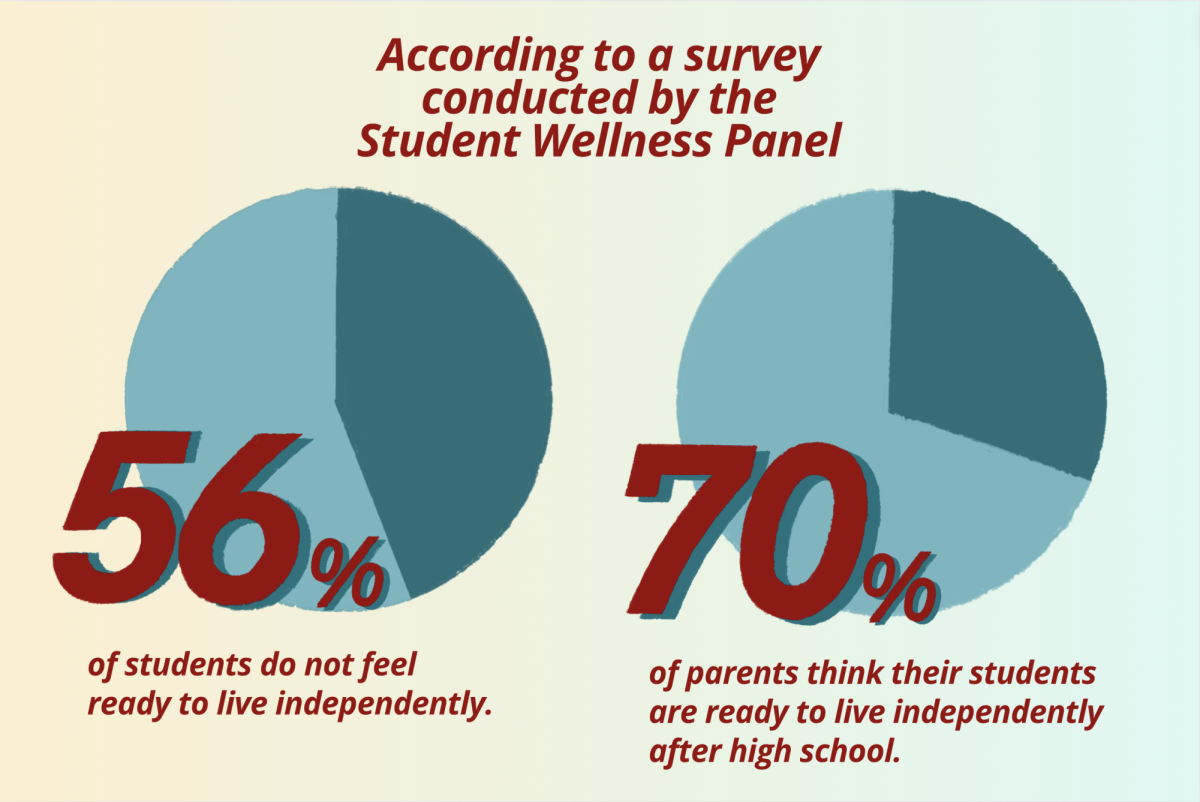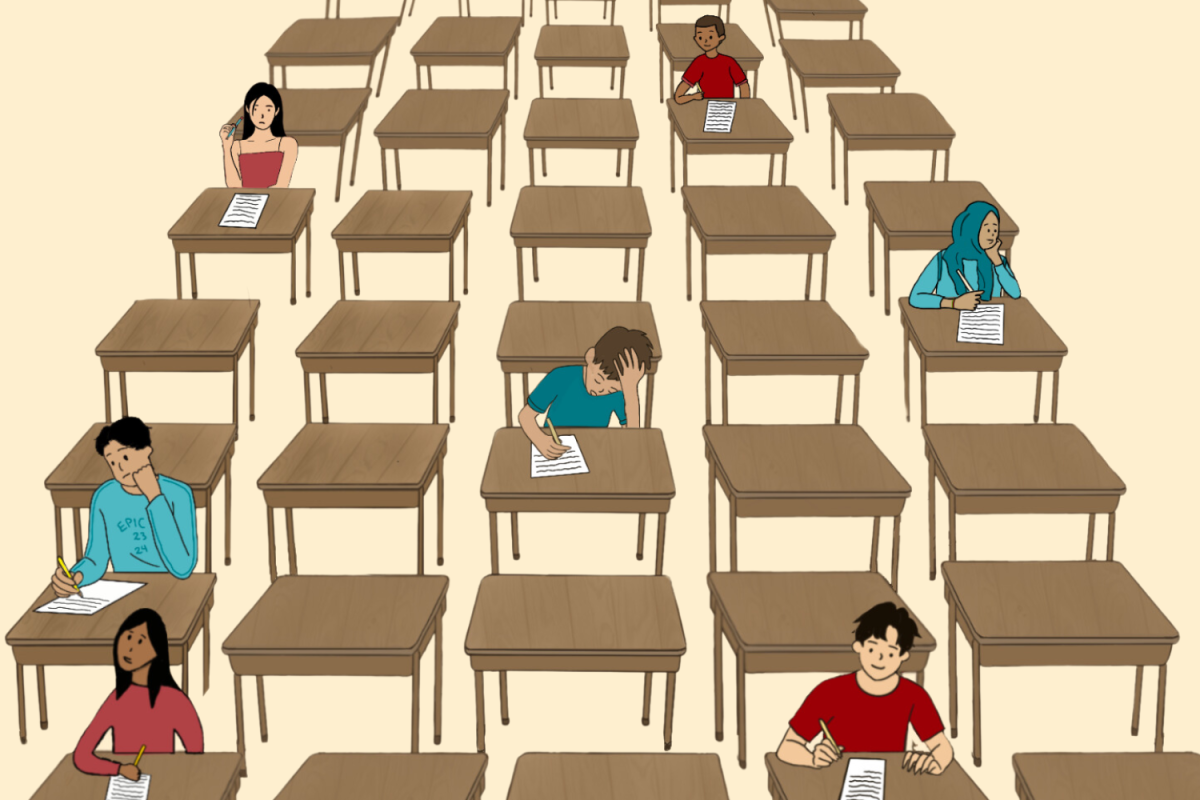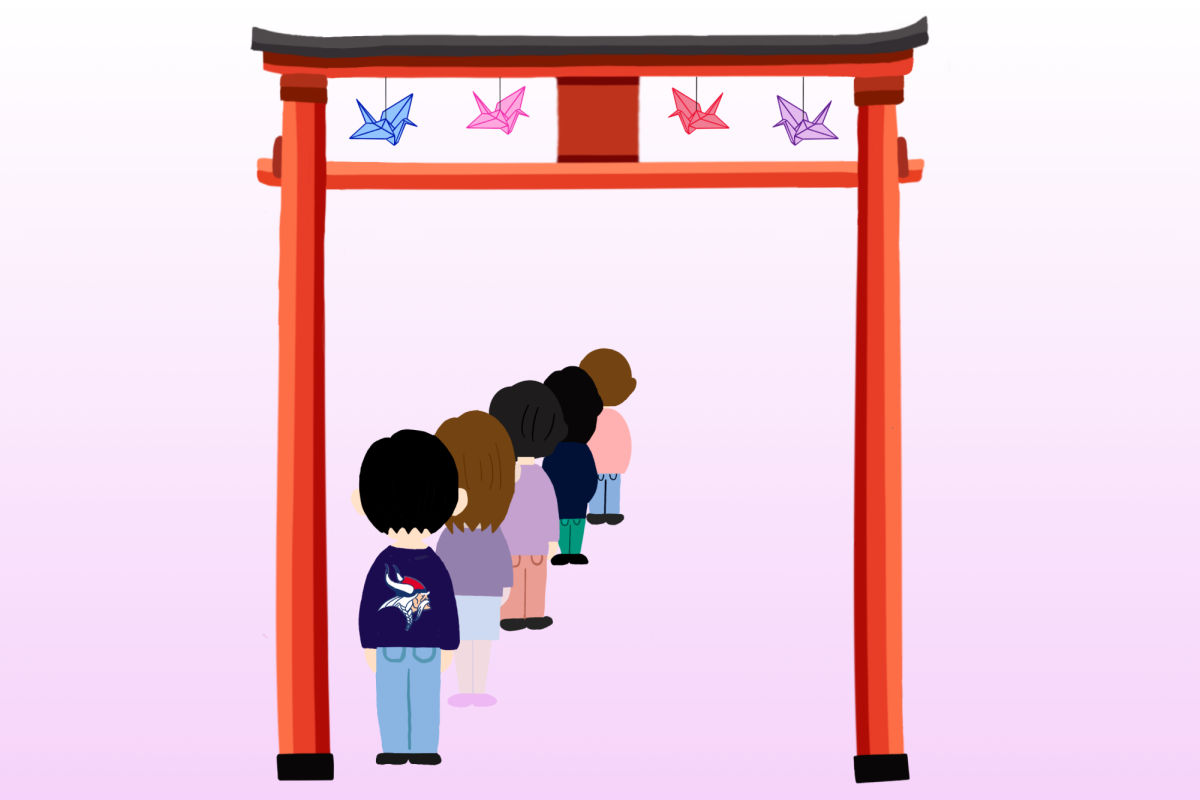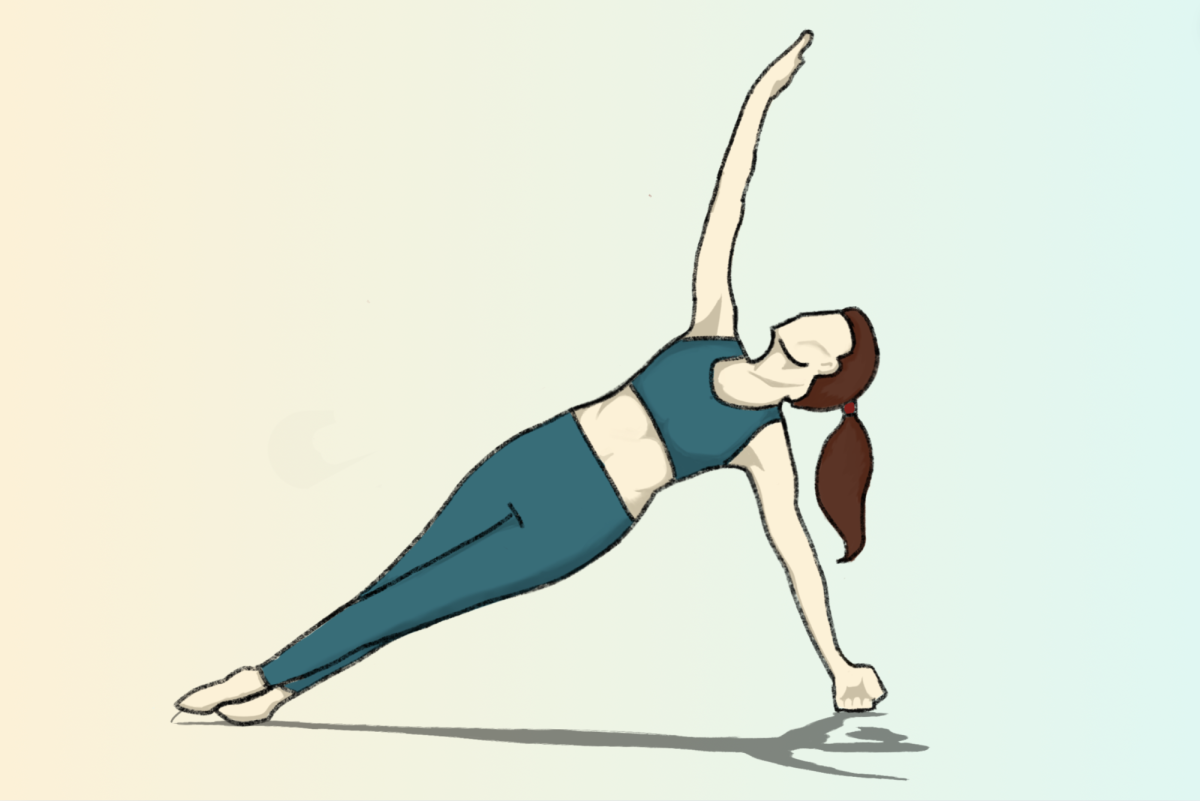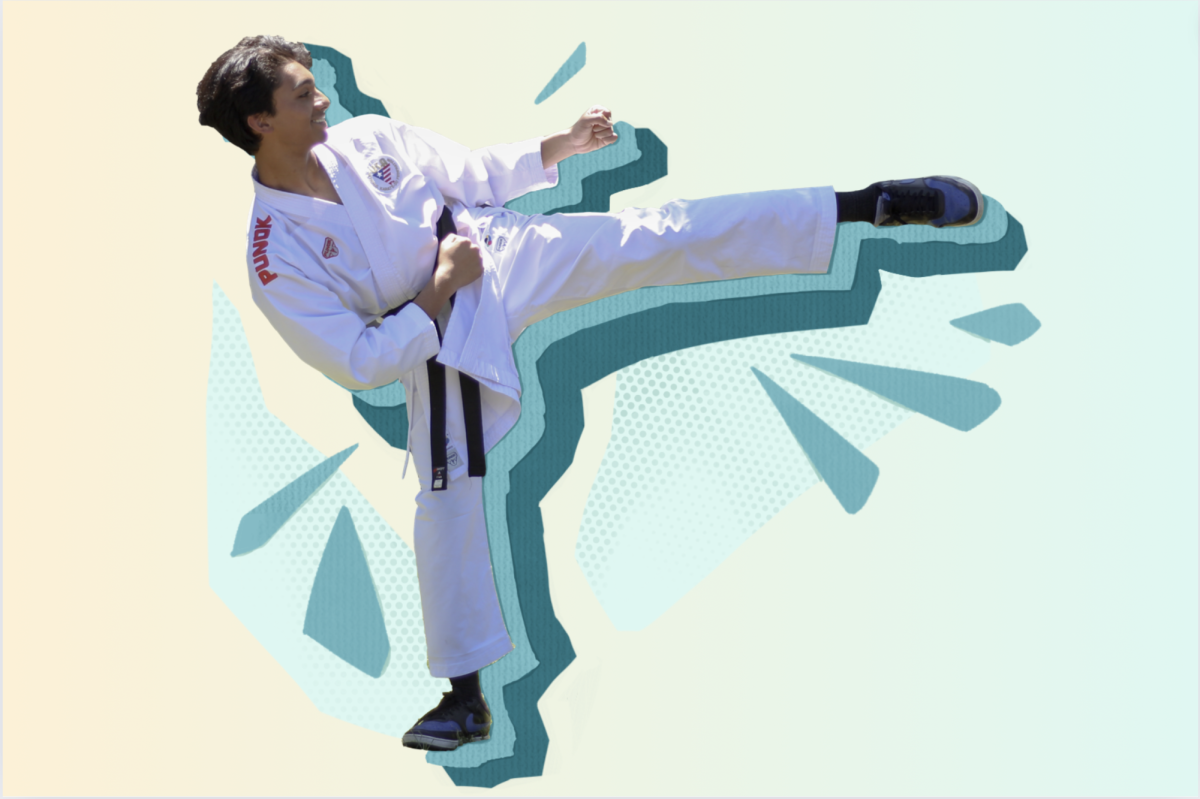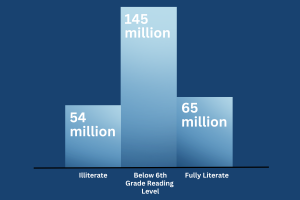Mental health in the world of sports
May 8, 2023
One in seven people between the ages of 10 and 19 suffer from some sort of mental disorder, according to a 2021 global study by the World Health Organization. While exercise has been recognized as one of the most effective methods to improve mental health and maintain a healthy lifestyle, engaging in intense exercise at a competitive level greatly increases the potential for injury and may lead to increased stress and anxiety due to heightened expectations.
Centers for Disease Control and Prevention reports that 36.7% of adolescents aged 12 to 17 in the U.S. have experienced persistent feelings of depression, based on data collected from 2018 and 2019. Some suggest exercising as a method to remain active while regulating negative emotions. Similar to many other methods of stress reduction, playing a sport or exercising causes the body to release endorphins — chemicals in the brain that relieve pain and stress.
“Exercise is time for myself,” sophomore Kasturi Kirubaharan said. “I feel better about my body and my health.”
Regular exercise can significantly reduce the risk of developing cardiovascular disease, Type 2 diabetes and some cancers, according to the CDC. In addition, a consistent workout routine is effective in maintaining healthy weight, potentially helping athletes feel better about their body image or lifestyle.
Level of intensity and type of exercise can drastically influence how a sport affects mental health. For instance, a calmer form of exercise like yoga or meditation seeks to calm the body and focuses on stretching and connecting with oneself. Meanwhile, high-intensity exercises such as swimming or football invoke more competitive spirit, putting stress on the students. For competitive athletes, playing sports go beyond fulfilling their sports credits and may implicate their future careers or scholarships for colleges, causing greater stress.
In some sports, injuries can also become common, with students taking longer breaks between games in order to recover, potentially resulting in both physical and mental setbacks. Athletes also often need to strategically plan their time to make sure they’re able to meet their athletic, academic and personal goals. For sports that require more time in training or competitions during the weekends, efficient organizational skills prove to be crucial.
“Students have to balance athletics commitments with their academics and social life,” said Lisa Post, a professor at the Department of Psychiatry and Behavioral Sciences at Stanford University. “They have an opportunity to learn to be more organized and universally effective, and because they have a different workload.”
Additionally, the pressure to perform better from peers, mentors and students themselves can lead to lower self-esteem or mental health issues. A 2023 study published in the National Library of Medicine reported that around 60% of all high school athletes experienced a moderate to extreme level of stress related to their sport. However, many institutions have started to recognize this problem and develop programs to aid student athletes.
“Sometimes, training designed for the team is not necessarily designed for the student, and they have to adjust to that,” Post said. “Thus, a lot of schools will have a psychologist or a small team with other degrees who work in the athletic department or college counseling center.”
While school therapists are available to students after games, coaches and team captains also often work closely together during practices to encourage a positive environment for athletes to train. This coordination in placing an emphasis on building a strong community to facilitate tighter bonds between players is crucial in ensuring healthy psychological mindsets.
“I’ve always emphasized to my students: if you’re coming through those doors for practice, you are one team, one family,” P.E. teacher Kevin Tran said. “If I allow for drama within the team, that creates a weak link which ultimately creates a weak community.”
Aside from biological benefits, sports can help improve overall mentality and cognitive thinking and reduce short-term anxiety. Perseverance and dedication are some of the main qualities that athletes need to embrace as they immerse themselves in their sport or exercise routine since most training plans are over long periods of time. Overcoming obstacles to reach their goals can help build a positive mindset, giving them a clear vision of what to do. Outside of sports, they can apply the same mentality to maintain a growth mindset in their classes.
“Exercising takes away all my stress from academics,” sophomore Adithya Venkataraghavan said. “The gym community gives me more motivation to accomplish things.”
While exercising and playing sports can be beneficial for one’s mental health, they can also cause more stress depending on the sport. Thus, knowing the limits of our mind and body can be just as important as exercising itself.


